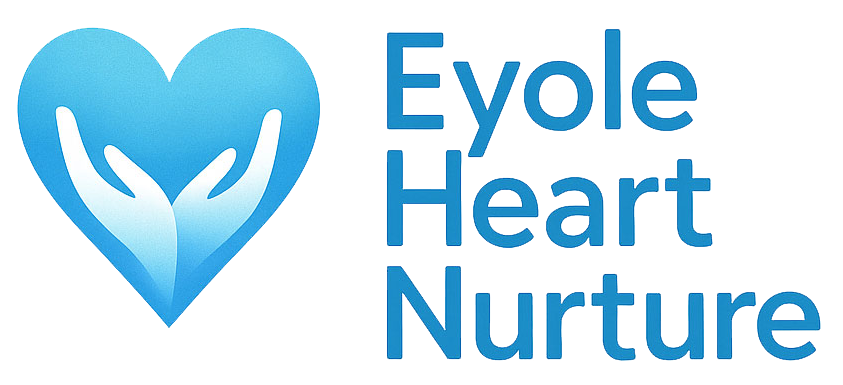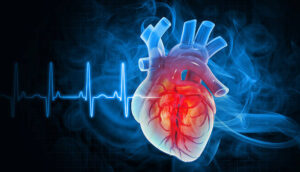Many young people might think heart disease is a distant concern, something only older folks or unhealthy eaters face. But let’s pause and think about Jean, a vibrant 30-year-old from Yaoundé, who recently discovered he has high blood pressure despite exercising and watching his diet. Stories like Jean’s are becoming more common.
Heart disease is no longer an elderly problem here. Studies show that nearly 1 in 3 adults has high blood pressure, and shockingly, heart failure, often linked to untreated hypertension, is affecting many young people. Type 2 diabetes and other risk factors are becoming more common at a younger age. Factors like urban lifestyles, high salt consumption, rising obesity, and increasing diabetes rates among young people are fueling this silent epidemic.
Many believe they’d notice if something was wrong, but high blood pressure is called the “silent killer” because it often shows no symptoms until serious damage happens. Others think chest pain is the only sign of a heart attack, but symptoms can be subtle: short breath, nausea, or discomfort in the jaw or arms.
Even with a family history of heart disease, taking control is possible by embracing heart-healthy habits: eat fresh, move daily, avoid tobacco, and monitor blood pressure.
Youths are equally at risk, but awareness and action can rewrite the story. Like Jean, many are learning that heart health starts early and knowledge is power.
When Will It Strike?
Just like the rapture, an event many believe could happen at any moment without warning, heart disease can also strike unexpectedly. You never truly know when your heart might send out distress signals, or sometimes, may not send any signs at all. This uncertainty makes understanding and preventing heart disease all the more critical.
Frequently Asked Questions
FAQ 1: “I’m too young to worry about heart disease. Isn’t that for older people?”
Heart disease does not wait for age. Just as the rapture can come at any time, cardiovascular problems can develop silently even in youth. Plaque can begin accumulating in arteries during childhood and adolescence, setting the stage for heart disease later. Almost half of U.S. adults age 20 and older have cardiovascular disease, highlighting that young and middle-aged people are not immune, especially with rising obesity and diabetes rates among the young [AHA].
FAQ 2: “Wouldn’t I know if I had high blood pressure because of symptoms?”
High blood pressure is often called the “silent killer” because it rarely shows symptoms until it causes serious harm. High blood pressure can quietly damage your heart and arteries without your awareness. Regular blood pressure checks are the only reliable way to detect it early and prevent heart attacks, strokes, and other complications [AHA].
FAQ 3: “I’ll know when I’m having a heart attack because of chest pain, right?”
Not always. Heart attack symptoms can be subtle and varied: shortness of breath, nausea, lightheadedness, or pain in the jaw, neck, or arms may occur instead of the classic chest pain. A heart attack’s warning signs can be unpredictable and sometimes silent. Immediate medical attention is critical, even if symptoms seem mild [AHA].
For more on clearing up these myths, explore the American Heart Association’s guide on Top 10 Myths About Cardiovascular Disease — because your heart deserves the truth.
Next Steps
At Eyole Heart Nurture, we’re passionate about your spiritual and physical heart health. Take our free heart test today to start your journey of heart health awareness.





